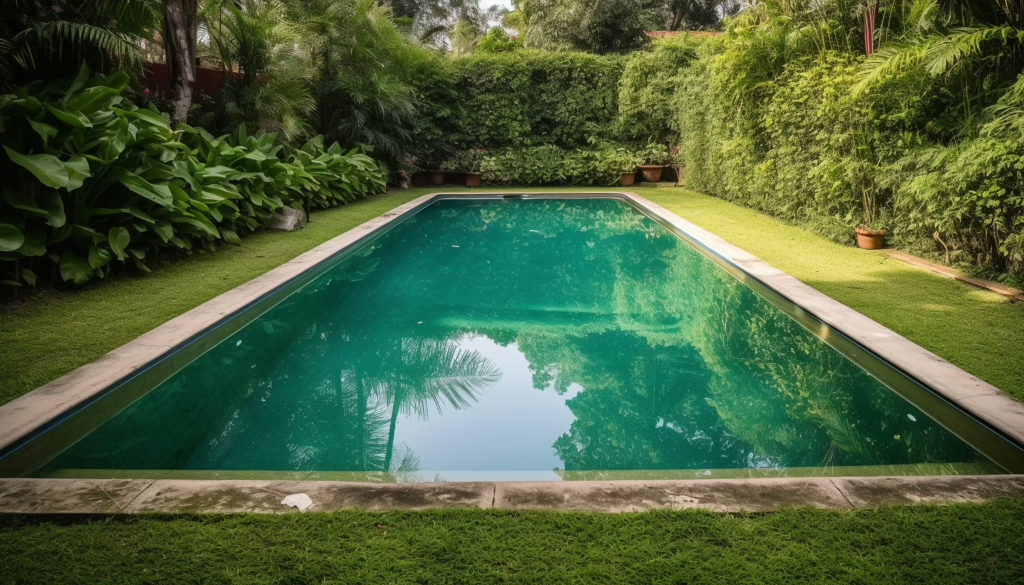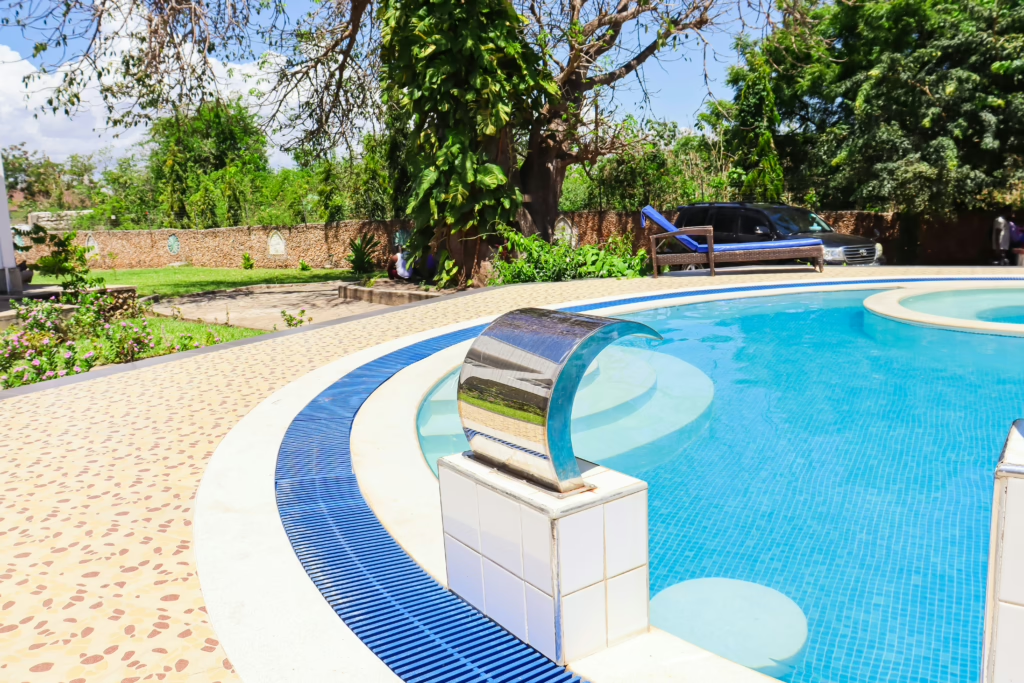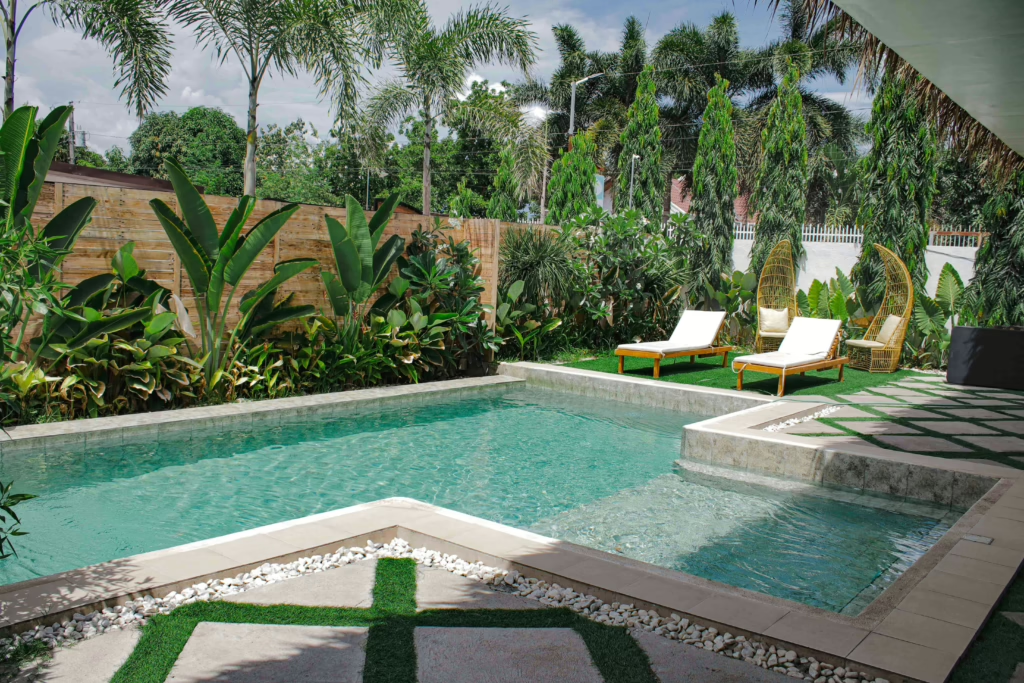A well-functioning pool pump is essential for keeping your pool clean and properly maintained. When your pump shows signs of trouble, it can disrupt your entire pool system, leading to cloudy water, poor circulation, and increased maintenance costs.
Whether dealing with leaks, strange noises, or inefficient performance, understanding pool pump repairs can save you time, money, and frustration. For those searching for pool pump repair near me, this article addresses the most common concerns and provides insights into keeping your pump in top shape.
1. What Are the Signs My Pool Pump Needs Repair?
The first step to addressing pool pump issues is recognizing when something is wrong. Common signs include unusual noises, such as grinding, humming, or screeching, which often indicate a problem with the motor or bearings.
Another red flag is reduced water flow or circulation, which clogs, leaks, or a malfunctioning impeller could cause. If your pump frequently shuts off or fails to turn on, this might point to electrical issues or overheating. Leaks around the pump housing or seals also indicate that repairs are needed. Addressing these problems promptly can prevent more significant damage to your pool system.
2. How Much Does Pool Pump Repair Cost?
The cost of pool pump repair varies depending on the issue and whether replacement parts are required. Simple maintenance, such as fixing leaks or replacing O-rings, can cost between $100 and $300. More complex issues, like motor or impeller replacement, may range from $300 to $700.
In some cases, replacing the pump entirely may be more cost-effective, especially if it’s older or the repairs exceed half the cost of a new pump. A professional inspection can help you determine the most economical solution.
3. Can I Repair My Pool Pump Myself?
While some pool pump repairs, like replacing seals or cleaning debris from the impeller, can be handled by DIY-savvy homeowners, other tasks require professional expertise. Electrical repairs, motor replacements, and leak detection often involve specialized tools and knowledge to avoid further damage or safety hazards.
Attempting complex repairs without the proper experience can void warranties, worsen the problem, or even create dangerous conditions. For most repairs, especially those involving electrical components, it’s best to hire a certified technician.
4. Why Is My Pool Pump Making Loud Noises?
Unusual noises coming from your pool pump can indicate several issues. Grinding or screeching sounds often result from worn-out bearings, which may need lubrication or replacement. A humming noise could mean the motor struggles to start, possibly due to a capacitor issue.
Other potential causes include debris trapped in the impeller, loose components, or cavitation caused by insufficient water flow. Diagnosing the noise source early can prevent further damage and extend the life of your pump.
5. What Causes a Pool Pump to Stop Working?
A pool pump may stop working for several reasons. Electrical problems, such as tripped breakers or faulty wiring, are common culprits. Overheating can also shut down the pump, especially if it lacks proper ventilation or operates under strain due to clogs or leaks.
Mechanical issues, like a broken impeller or motor failure, can cause the pump to stop entirely. Regular maintenance and inspections are essential to catching these problems before they lead to a complete shutdown.
6. Should I Repair or Replace My Pool Pump?
Deciding whether to repair or replace your pool pump depends on several factors. If the pump is less than five years old and the repair costs are manageable, fixing it is usually the best option. However, replacement is often more cost-effective for pumps nearing the end of their typical lifespan (8–12 years).
Upgrading to a newer, energy-efficient model can also reduce operational costs and improve performance, making replacement a worthwhile investment in the long term. A professional technician can help you evaluate your pump’s condition and recommend the best course of action.
7. How Long Does a Pool Pump Repair Take?
The time required to repair a pool pump depends on the issue’s complexity. Simple fixes, like replacing seals or cleaning the impeller, can be completed in an hour or two. More extensive repairs, such as motor replacement or diagnosing electrical issues, may take several hours or require multiple visits.
Scheduling regular maintenance and addressing minor issues early can minimize downtime and ensure your pump stays in good working order.
8. How Can I Prevent Pool Pump Problems in the Future?
Preventing pool pump issues starts with regular maintenance. Clean the pump basket and filter frequently to avoid clogs that strain the system. Inspect the pump and seals for leaks, and ensure the water level in your pool stays within the recommended range.
Investing in a variable-speed pump can also reduce wear and tear, as these models operate more efficiently and at lower speeds. Scheduling annual professional inspections helps identify and address potential problems before they escalate, saving you time and money in the long run.
9. Are Variable-Speed Pumps Worth the Investment?
Variable-speed pumps are an excellent choice for pool owners looking to save on energy costs and reduce maintenance needs. These pumps operate at different speeds, allowing you to optimize water circulation while using less power.
Although the upfront cost exceeds single-speed pumps, variable-speed models pay for themselves over time through lower utility bills and extended equipment lifespan. They are also quieter and often meet energy efficiency regulations, making them a wise investment for residential and commercial pools.
10. How Can I Find Reliable Pool Pump Repair Near Me?
Finding a trustworthy pool pump repair service requires researching local professionals. Look for companies with certified technicians, transparent pricing, and positive customer reviews. Ask about warranties for parts and labor to ensure you’re protected if issues arise after the repair.
Cabana Pools in San Diego specializes in reliable pool pump repair and maintenance. Our experienced team ensures your pump operates efficiently and effectively, helping you avoid costly downtime and repairs.
Final Thoughts
Maintaining a functional pool pump is essential for the health and enjoyment of your pool. You can avoid unexpected breakdowns and costly repairs by addressing common concerns and scheduling regular maintenance.
For expert pool pump repair near me, trust Cabana Pools. Contact us today to schedule a service and keep your pool running smoothly year-round!



